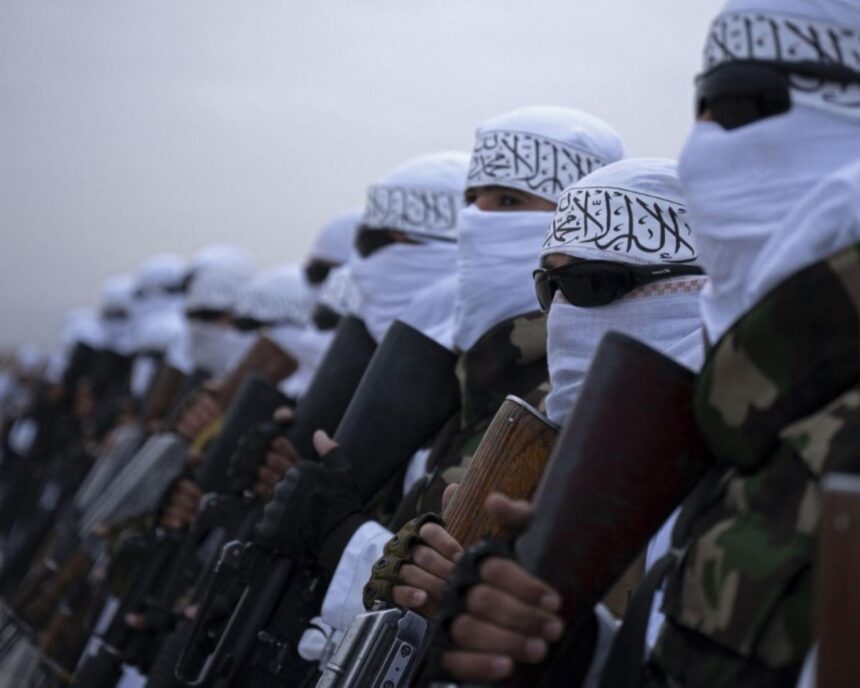RASC News Agency: A senior official from the previous Afghanistan government has alleged that the Taliban are struggling to assert full control over their forces and commanders, highlighting their inability to address internal conflicts and eliminate dissent within their ranks. Shah Mahmood Miakhil, the former defense minister, claimed that growing internal divisions within the Taliban have left the group powerless to prevent incidents such as suicide bombings and high-profile assassinations, including the killing of Khalil-ur-Rahman Haqqani.
Miakhil cautioned that Afghanistan is teetering on the edge of another proxy war, emphasizing that the Taliban’s inability to maintain discipline among their members further complicates the nation’s fragile stability. He characterized Khalil Haqqani’s assassination as a direct result of these internal fissures, criticizing Taliban leaders for attempting to downplay the event in an effort to mask their organizational weaknesses. Khalil Haqqani, the Taliban’s Minister for Refugees and a senior leader within the influential Haqqani Network, was killed last week in a suicide bombing at the Ministry of Refugees in Kabul. Although ISIS claimed responsibility for the attack, opposition figures and certain intelligence agencies including Afghanistan’s Green Trend allege that the assassination was orchestrated by Mullah Hibatullah Akhundzada, the Taliban’s supreme leader.
Following the incident, the Taliban detained two employees of the Ministry of Refugees as part of their investigation. Addressing the situation on Tuesday, Miakhil asserted that the Taliban’s efforts to frame Haqqani’s assassination as a routine occurrence underscored their inability to address the serious and growing divisions within their leadership. Haqqani’s killing marks the most significant assassination of a senior Taliban official since the group seized power over three years ago.
Miakhil argued that the assassination was a consequence of “internal rivalries” within the Taliban, though the group’s leadership has rejected allegations of a conspiracy. According to Miakhil, the Taliban’s longstanding associations with extremist and terrorist organizations have exacerbated their internal discord. “The Taliban aligned themselves with various extremist and terrorist groups during their war against the former government. Now, they are incapable of purging these elements from within their ranks,” he said. The former defense minister also warned that the Taliban’s inability to impose order within their organization has left Afghanistan vulnerable to the emergence of another proxy conflict, further threatening the country’s fragile stability.






